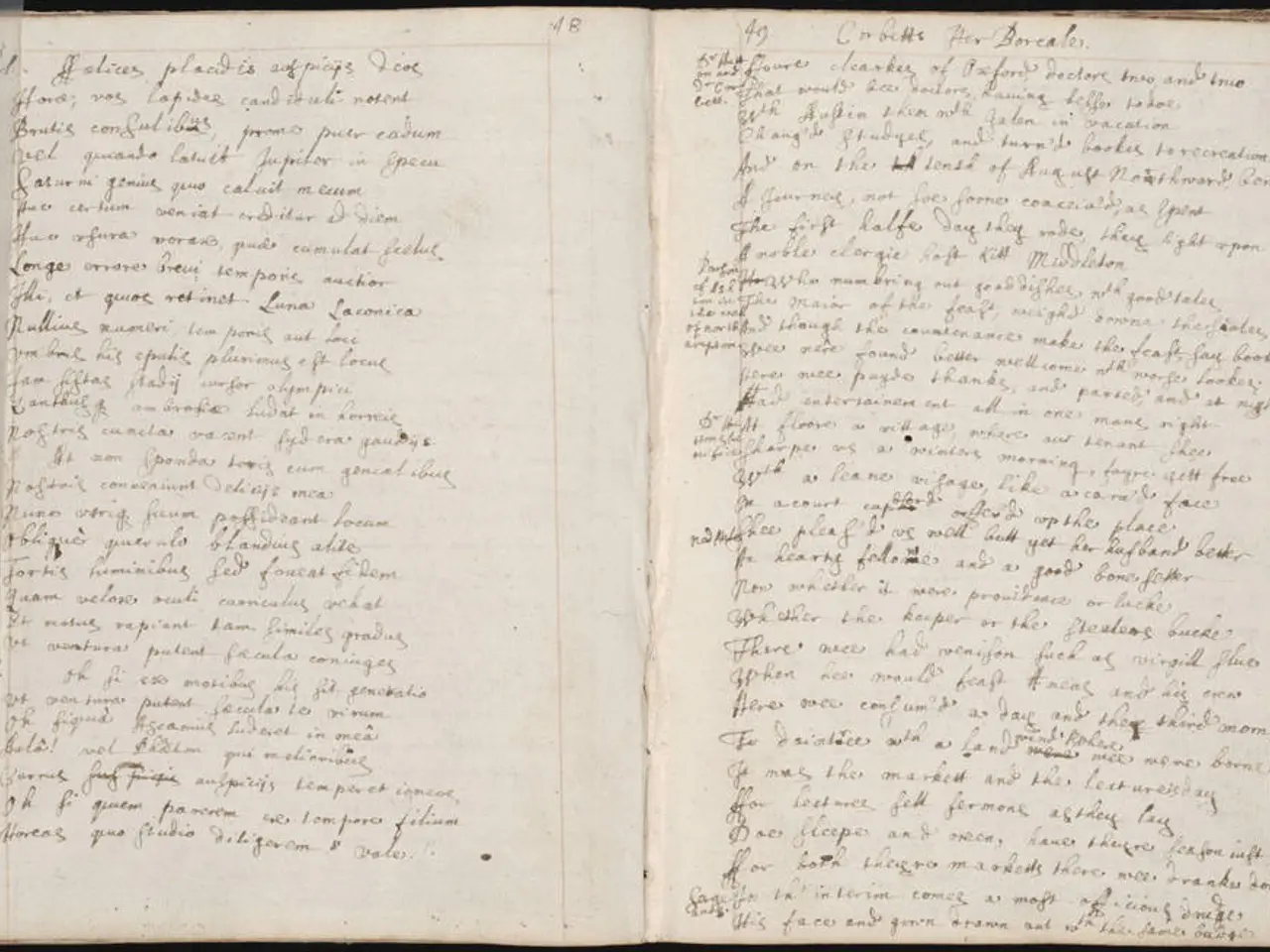"Reconcile ourselves, our divine Father"
In the late 1970s, on the second day of Rosh Hashanah, a profound moment unfolded at the Maimonides Synagogue in Brookline, Massachusetts. This synagogue, with its rich history, was also a place of connection for Itzhak David Goldberg MD, FACR, a Professor Emeritus at Albert Einstein College of Medicine.
The occasion was marked by the chanting of the Haftara from Jeremiah 31, but it was the Yiddish devotional plea 'Lomir Zikh Iberbetn' that truly captured the hearts of those present. Sung by the renowned Yossele Rosenblatt in Eretz Israel in 1933, the words of this plea were more than just music. They were a child's trembling confession and a desperate call to be embraced again.
Rav Avraham Yitzhak HaCohen Kook, a revered figure, commented that hearing Rosenblatt was like listening to angels. This sentiment echoed the sentiments of many in the synagogue that day. The power of music, in this case, a Yiddish devotional plea, was palpable.
The importance of memory in such moments cannot be overstated. Psychologists Glenberg and Robertson argue that language is deeply embodied; to speak is to engage the body in remembering. This was evident in the spoken retelling of the Yiddish devotional plea, a practice Neisser referred to as 'narrative rehearsal'. In this process, memory is socially anchored and thereby strengthened.
In speech, memory is triggered, and spoken rehearsal activates memory centers, motor and auditory circuits of speech, forging deeper memory traces. This was undoubtedly the case on that significant day at the Maimonides Synagogue, as the words of 'Lomir Zikh Iberbetn' were passed from one person to another, strengthening the collective memory of the community.
For Rabbi Joseph B. Soloveitchik, repentance (teshuvah) was the drama of homecoming and reconciliation, not a cold courtroom drama. The emotional resonance of the Yiddish devotional plea seemed to embody this sentiment, serving as a poignant reminder of the power of music and memory in religious and communal settings.
The chanting of the Haftara from Jeremiah 31 was further emphasised by the presence of Rabbi Professor Haym Soloveitchik, the Rav's son. His participation added a sense of continuity and tradition to the proceedings, underscoring the importance of preserving and passing down such deeply meaningful practices.
In the end, the second day of Rosh Hashanah in the late 1970s at the Maimonides Synagogue in Brookline, Massachusetts, was a testament to the power of music and memory. The Yiddish devotional plea 'Lomir Zikh Iberbetn', sung by Yossele Rosenblatt decades earlier, still resonated deeply, serving as a powerful reminder of the past and a beacon for the future.
Read also:
- Experiencing Life's Variety Firsthand: Gaining Insights from Life's Broad Spectrum of Experiences
- Impact of Complex Post-Traumatic Stress Disorder on Romantic Relationships: Symptoms, Causes, and Precautions
- Andrew Stunell joins in celebrating equality with graduates from a pioneering mentorship program.
- Budget Alterations Made to 2023 Toyota GR Corolla After 4,500 Miles, with a Cost of $38 for Smoothing Out the Rough 1-2 Shift




